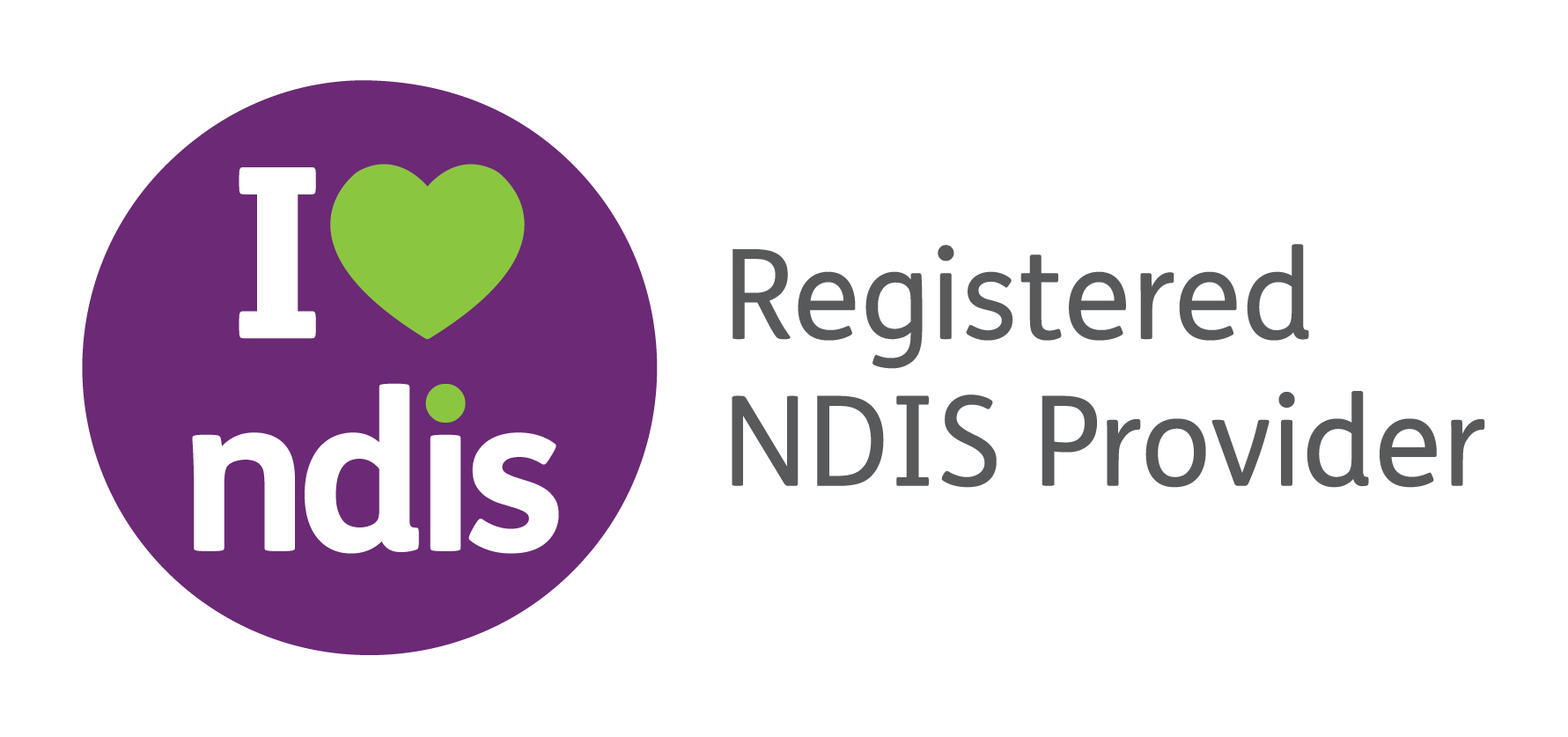ENTERAL FEEDING AND MANAGEMENT
HOW IT WORKS AND WHY IT COULD CHANGE YOUR LIFE
Enteral feeding delivers nutrition directly into the stomach or small intestine through a feeding tube.
It is commonly used for people with conditions that affect swallowing, digestion, or nutrient absorption.
This method makes sure that patients and clients receive the essential nutrients they need to maintain strength, energy, and overall well-being—especially when eating normally isn't possible.
Proper management is so important to prevent health complications and make sure clients get optimal nourishment.

THE DIFFERENCE BETWEEN STRUGGLE AND SUCCESS
Having a professional oversee enteral feeding helps maintain safety and comfort. A nurse can:
- Ensure the feeding tube is properly placed and secured to prevent discomfort and potential complications.
- Monitor for signs of infection, blockage, or irritation, as early detection can prevent serious health issues.
- Adjust feeding schedules to match nutritional needs, ensuring the body receives adequate nourishment at the right times.
- Provide guidance on hygiene and tube maintenance to promote safety and reduce the risk of infections.

WHO MIGHT NEED ENTERAL FEEDING?
Several conditions can make enteral feeding necessary, including:
- Neurological issues:
Conditions like stroke, Parkinson’s, or ALS can impair swallowing. This can lead to malnutrition and dehydration, making enteral feeding a life-saving alternative for maintaining adequate nutrition.
- Gastrointestinal conditions:
Disorders that prevent normal digestion require alternative nutritional support. Enteral feeding ensures that individuals with conditions like Crohn’s disease or severe gastroparesis still receive essential vitamins and minerals.
- Cancer treatment:
Some treatments affect the ability to eat normally, making enteral feeding essential. Patients undergoing chemotherapy or radiation often experience difficulty swallowing or loss of appetite, making tube feeding a crucial part of their care.
- Recovery from surgery:
Major procedures may require temporary or long-term tube feeding for recovery. Enteral feeding supports healing by providing consistent nourishment without strain on the digestive system.
WHAT REALLY HAPPENS
If you or a loved one requires enteral feeding, here’s what you can expect:
- A personalised nutrition plan created to individual dietary needs. This makes sure each person receives the right balance of nutrients for their condition and lifestyle.
- Regular assessments to monitor health and prevent complications - allowing for early detection of potential issues before they become serious.
- Assistance with hygiene and proper tube maintenance. This reduces the risk of infection and ensures long-term comfort and safety.
- Education on feeding techniques and troubleshooting issues. We empower individuals and caregivers with the knowledge needed for smooth daily management.
- Emotional support to help with the transition to tube feeding - by addressing concerns we provide reassurance for a more confident experience.
KEEP FEEDING SAFE AND EFFECTIVE
Enteral feeding should always be handled with care to prevent discomfort and medical issues. Key steps include:
- Using sterile techniques for feeding and cleaning
- Monitoring for any changes in digestion or discomfort
- Ensuring proper hydration alongside nutrition
- Providing ongoing education for caregivers and family members

GET THE RIGHT SUPPORT TODAY
Managing enteral feeding doesn’t have to be overwhelming. With expert guidance, individuals can maintain their health and comfort with confidence.
With the right care, enteral feeding can be a simple, stress-free way to get the nutrition you need for a healthier life.


